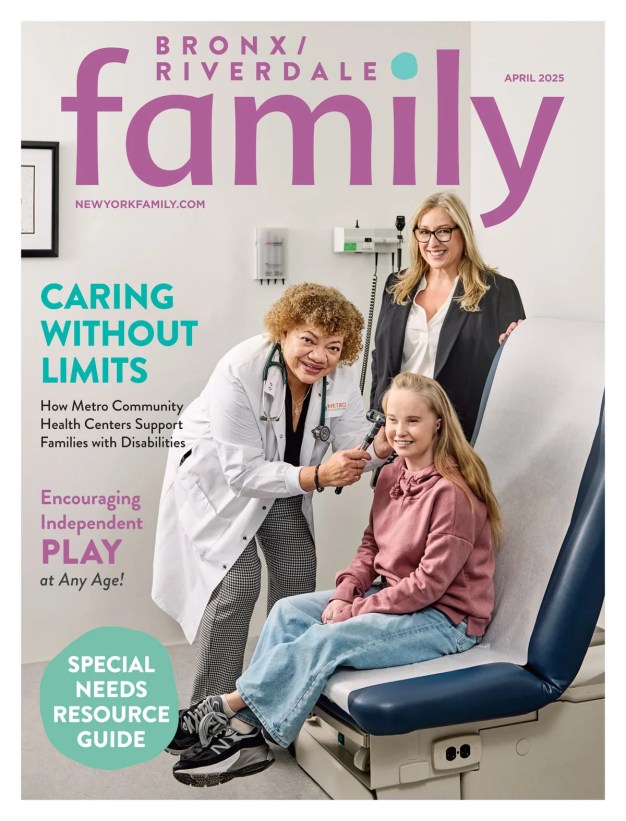In April 2018, the American College of Obstetricians and Gynecologists (ACOG), released a new recommended guideline for Maternal Care. This new set of suggested protocols has the potential to vastly improve maternal health, which currently has a bleak outcome of 17.3 deaths per 100,000 live births in 2011, 2012, and 2013 with non-Hispanic black women being the most vulnerable at 43.5 deaths per 100,000 live births.
The current standard of care practiced by most care providers includes one maternal checkup for the mother at six weeks postpartum. Typically, the appointment is short since scheduling is often tight with most care providers and the insurance payment for this meeting is grouped into the lump sum of the prenatal care. Most of these brief visits include an internal pelvic check and quick discussion of contraception. Breastfeeding or physical and emotional needs of the new mother are not fully addressed at this time. The community of women I have spoken emphasized the brevity of their postpartum check up with the following comments.
“Discussion on what to do for PPD and discussion with my husband on signs. Quick mention of Kegels. Honestly, I was very surprised about how little is done for mommas… It’s all about baby in the first weeks.”
“Looks good. You can resume relations whenever you want.”
“My provider told me to continue pelvic floor exercises, she checked to see if I had diastisis, she asked if I was feeling any depression…that was really it!”
One of the positive changes being recommended is earlier and more frequent postpartum check ins with the first check up being no later than three weeks postpartum. This change alone can have a massive impact on a women’s health since according to the Family Medical Leave report of 2012, more than 44 percent of women working outside the home return to work within 40 days of giving birth. Seeing the postpartum parent before 6 weeks out can significantly improve maternal outcome since studies have shown the highest incidence of pregnancy-related death happens within the 42 days of birth. Complications postpartum include hemorrhage, cardiovascular and coronary conditions, cardiomyopathy, infections, embolism, mental health conditions, and preeclampsia and eclampsia. Many of these issues can go undetected since the average person is not equipped to identify the symptoms of one of these problems.
The new guidelines also stress making the postpartum period more woman centered. Many people I spoke with acknowledged feeling like they were an afterthought and focus had shifted from them to the baby, their needs and well-being were no longer a consideration or focus. This new care would include a comprehensive postpartum visit with a full assessment of physical, social, and psychological well-being, including the following domains: Mood and emotional well-being; infant care and feeding; sexuality, contraception, and birth spacing; sleep and fatigue; physical recovery from birth; chronic disease management; and health maintenance.
While many people would review these suggestions and see only positive changes being presented, there are obstacles to consider. One major roadblock would be restructuring the payments for care providers by insurance companies and Medicaid. Additional medical visits would increase the already heavy cost of birth. Current data puts an average uncomplicated vaginal birth, prenatal care, and newborn care at $32,093–leaving the US with the highest cost per birth in the world. Given these outrageous expenses, insurance companies and Medicaid may be reluctant to absorb the extra costs. Medicaid coverage also ends two months post birth, leaving vulnerable mothers unable to afford further medical and emotional support.
[gravityform id=”15″ title=”false” description=”false” ajax=”true”]
Dr. Radhi Kakarla, MD and Medical Director and Founder of Hatch explains: “Theoretically the new guidelines are amazing and there are pockets of care providers in different places that are taking on these new suggestions, but the big deterrent is global care. As soon as the baby is born that physician gets paid and there is zero motivation to follow up to make sure patients come in for a postpartum visit.”
She further noted that scheduling all the extra suggested appointments would be a huge challenge. As her busy practice stands now she 35-40 patients a day, two patients booked every 15 minutes leaving each appointment 5-10 minutes long. “The model as it stands doesn’t make it financially possible and when you’re talking about curating each person’s pregnancy experience, there is simply not enough time and resources.” She suggests, it would be ideal to outsource some of the responsibilities to better support her clients and their needs, but that would take further funds and restructuring. Dr. Kakarla continues to stress: “I love the new guidelines–but in the current system–I don’t see how they would work.”
Besides getting the support of the medical system and the insurance system, it is vital to shift societies view of postpartum. Women are expected to give birth and then get right back to where they left off with little regard for the massive life changing event recently experienced. Birth is a huge physical metamorphism as well as an emotional and psychological upheaval that needs to be addressed. Not all the blame should go to the medical system. As a society, we need to be more tolerant and aware of the needs of the mother and not expect everything to be the same except that she is now pushing a stroller instead of sporting a baby bump.
We are still a long way away from seeing the new ACOG recommendations come to fruition, however it is a positive step acknowledging the need to break away from the current system which has been the accepted standard level of care for decades. Small changes may start to take place as the women start demanding more time and better care and individual care providers find ways to meet these needs. It would be thrilling to see the US embrace the model of care other countries have established where cost does not carry more weight than human wellness.
To view the full ACOG statement, click here!
Debra Flashenberg is the founder and Director of the Prenatal Yoga Center. She is a certified labor support doula, Lamaze Childbirth Educator, and certified prenatal yoga instructor. She is continuously in awe of the beauty and brilliance of birth and is the proud mother of her son, Shay and daughter, Sage. Visit prenatalyogacenter.com for more info!























